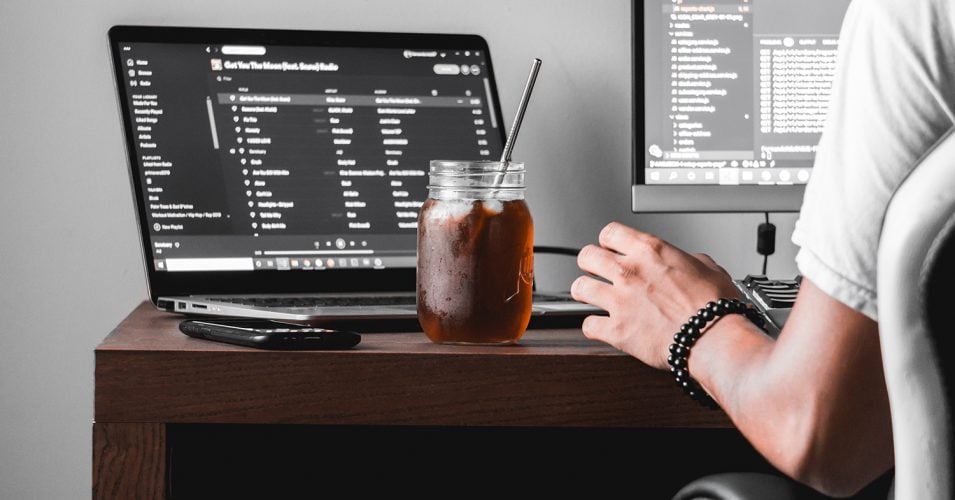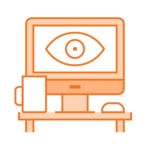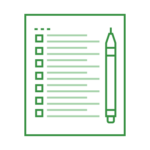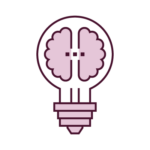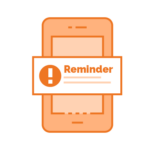Social distancing is no longer top of mind, but many companies who shifted to a remote, or hybrid work setting during Covid have maintained policies allowing employees to work from home. And while return to office mandates are still prevalent, many companies have committed to a fully remote business model. For professionals that have never worked remotely, this change may prove to be a bit of an adjustment, especially when it comes to remaining productive and limiting at-home distractions. Luckily, at Zero Gravity Marketing, we're work-from-home experts, and we're here to help you maximize your workday routine.
Below, we’re sharing our best tips for increasing productivity while working from home. Let’s take a look!
1. Create a Morning Routine
Without a daily commute, it may be tempting to roll out of bed and immediately open your laptop. However, this abrupt transition can leave you feeling foggy-headed well into the afternoon. Instead, create a daily routine for yourself, allowing plenty of time to wake up, brew your morning cup of coffee, and prepare for the day.
Maintaining a routine that mirrors the structure of a traditional workday can help signal to your brain that it’s time to transition into “work mode.” This might include getting dressed as though you were heading to the office, enjoying breakfast away from your desk, or setting aside a few minutes to plan your tasks for the day. Research suggests that these small rituals can improve focus, reduce feelings of burnout, and enhance overall productivity when working from home.
2. Designate a Separate Space for Working
Just like it may be tempting to roll out of bed and begin working, you may also want to stay in bed while you're on the clock. And while working from bed may seem like a smart choice in terms of comfort, it can actually hinder your productivity. Having a dedicated workspace can help you to mentally transition into work mode, improving your ability to focus and work efficiently. This separation also helps to establish boundaries between your work and personal lives, making it easier to “clock out” and fully relax when the workday ends.
So, rather than cozying up under your comforter, find a spot in your home that you can dedicate to your work. Whether it's your kitchen table or a full-fledged home office, try to make the space as functional as possible by keeping it organized and free of distractions. In the same way, avoid letting your work life and materials bleed into areas not designated for work. Having a space that creates a distinct line between work and leisure will help you stay focused throughout the day.
3. Write Down a List of Things You Need to Accomplish
One of the best ways to keep yourself in check while working from home is to write down all of your important tasks and goals for the day. How detailed you get is up to you – some like to schedule their to-do lists down to the hour, while others prefer a more hands-off, checklist approach. Keep in mind, however, that you'll need to be flexible if (and when) things change. It's crucial to be able to reprioritize as new tasks come in, as some may require immediate attention. So, don't stress if you have to bump things around throughout the day – your task list will still serve as an effective foundation for maintaining productivity.
4. Begin with the Hardest Task
We've all been there – you put off a daunting task for hours or even days, only to find that it takes mere minutes to complete when you finally get to it. To avoid procrastinating on seemingly difficult projects, try to get them out of the way first thing. That way, you won't be tempted to push them off until tomorrow (or the next day).
Completing your most challenging task first aligns with the "eat the frog" productivity method, which helps reduce stress and decision fatigue throughout the day. By starting with the hardest project, you’re also better leveraging your morning energy and focus, which studies show tend to be highest early in the day.
5. Minimize Distractions
Your home is likely full of distractions – from dirty dishes to the television and everything in between. While it's impossible to eliminate all distractions (especially when you live with other people), it's best to minimize as many as possible. Try to set clear boundaries with your housemates to let them know when you’re focused or need quiet time. Turn off the TV, put in your noise-canceling headphones, and let your housemates or family know that you're taking a few hours to focus.
Working from home comes with the benefit (or drawback) of not having managers or peers watching your every move, making it easier for distractions to take over. You may consider using website blockers or productivity apps to help keep your attention on the task at hand and prevent the temptation of distractions like social media.
6. Take Mini Breaks
While dedicating time to focused work is an effective way to ensure productivity, it's also important to take a break here and there. Studies show that taking short, frequent breaks can improve focus and mental well-being. Struggling to focus for too long can lead to burnout, which hinders your productivity in the long run. A quick walk outside or a five-minute stretching session can be just what you need to refresh and get back on track.
Consider using a technique where you work for a set amount of time (or until you complete a task), followed by a 5-minute break to step outside, brew a coffee, or just leave your workspace briefly.
7. Utilize Apps, Reminders, and More
Productivity doesn't have to be a one-man show – everyone can benefit from a little help sometimes. Whether you struggle with managing your productivity or not, there are a variety of useful apps available on the market today. Using apps like Trello, Google Drive, and Asana can help you stay organized, track progress, and collaborate with ease. However, you don't need to invest in complex software to manage your time; built-in smartphone apps, like Apple's Reminders, often do the trick. Setting reminders and using time-blocking features in apps like Google Calendar can help make sure you’re staying on track with your goals.
8. Set a Hard-Cutoff Time for the End of the Day (and Stick to It!)
Without coworkers present to provide cues that it's the end of the day (i.e., packing up and leaving the office), you may get caught up in a task and lose track of time, only to emerge from your activity hours later – and past your bedtime. To avoid this, set an alarm for the end of the workday. Even with this cue, knowing that you don’t have to commute home can also make it too easy to work past your stopping time. While you don't have to snap your laptop shut as soon as your work day ends, the alarm can serve as a subtle nudge to begin wrapping things up. This practice not only helps maintain a healthy work-life balance, but also prevents burnout. That way, you can enjoy some R&R and prepare yourself for another productive day of work.
Adjusting to the New Work-from-Home Lifestyle? ZGM Is Here to Help
The way we live, work, and play has evolved over time, and it’s important to adapt accordingly. At ZGM, we're doing our part by sharing our best tips and tricks for managing life (and work) at home. From adjusting your marketing strategies to staying productive while working remotely, our team of digital marketing mavens is here to offer valuable advice for navigating a remote-first culture. Interested in a remote work environment? Check out our open job opportunities!
About the Author

